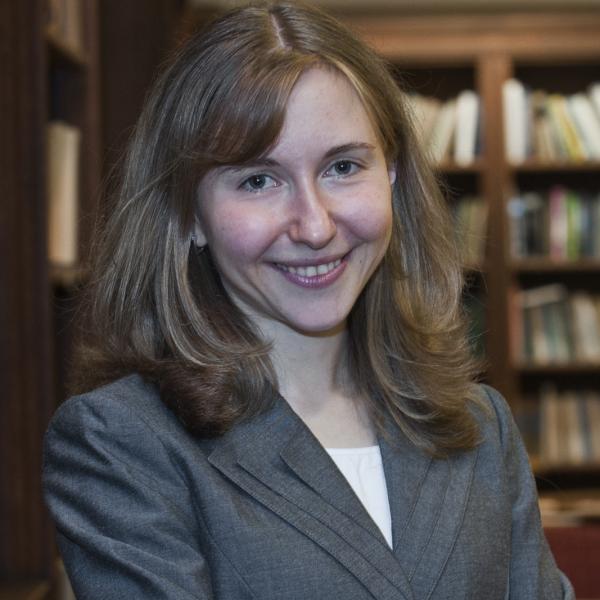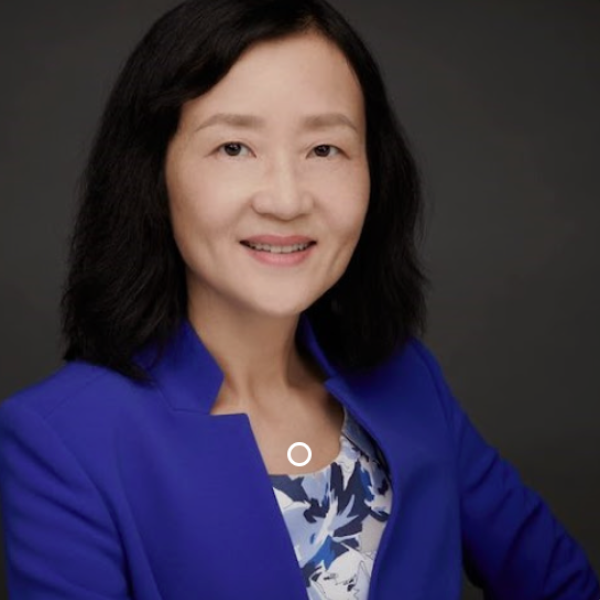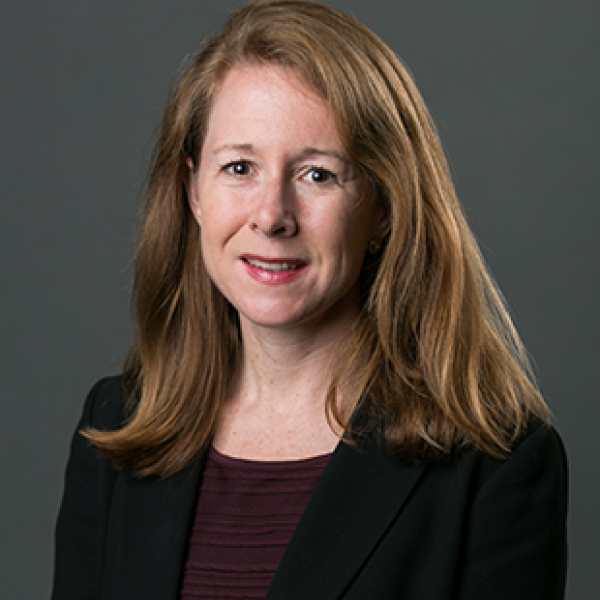When Two Experts Are Better Than One: The Example of Shareholder Voting
Abstract
Introducing a single expert's advice before a vote can diminish its informational efficiency. We show that when two independent experts are involved, the opposite occurs: informational efficiency increases. We model expert advice, individual information acquisition, and voting in common-interest scenarios, using proxy advice and shareholder voting as the primary example. Adding a second expert enhances decision quality under two plausible assumptions: the first expert holds superior information compared to individual voters, and the second expert's advice is timely. When the second expert challenges the first's proposal, voters are prompted to conduct their own inquiries, resulting in better-informed decisions and reducing the likelihood of correlated errors. These findings hold implications for collective decision-making across various organizational settings.









